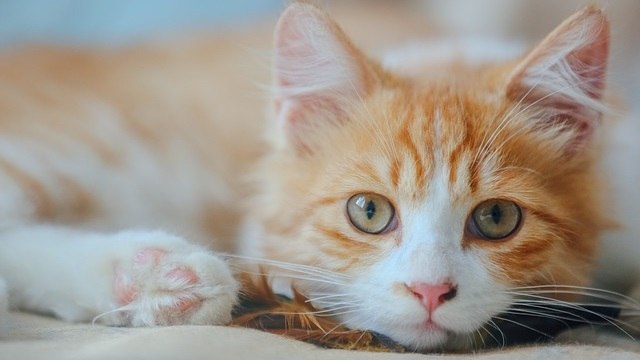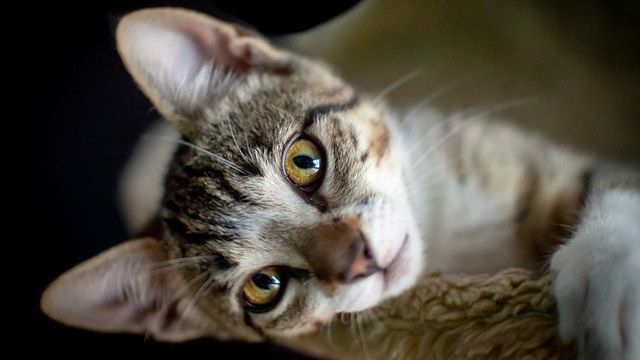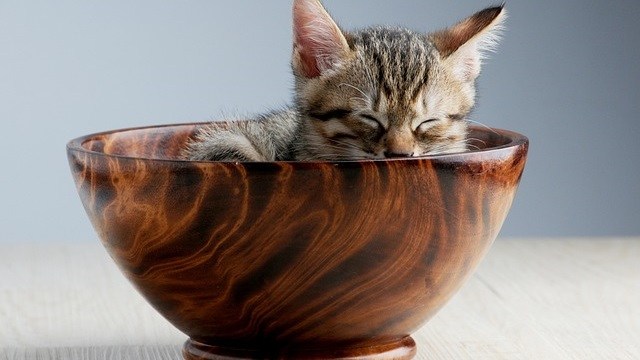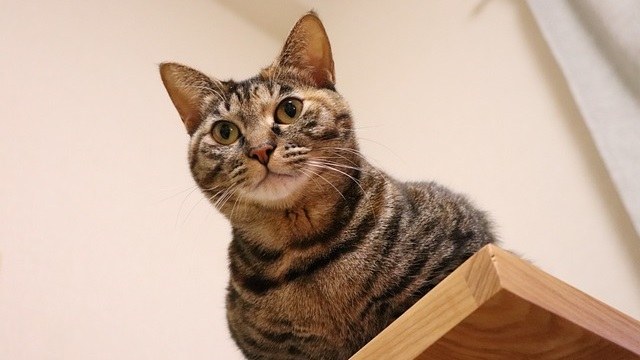Can Cats Eat Spaghetti?
Who doesn’t love a steaming hot bowl of spaghetti, topped with your favorite sauce and cheese? While there are a huge number of different types of pasta available in the store, spaghetti is a firm favorite in many households. But have you ever wondered if your cat might like to eat some? Can cats eat spaghetti, or is spaghetti toxic to cats?
- Spaghetti can be a tasty, occasional snack for cats when fed in limited amounts.
- Spaghetti lacks nutritional benefits, serving mostly as empty calories for cats.
- Large quantities of spaghetti can lead to digestive issues and nutrient deficiencies in cats.
- Only offer plain, cooked spaghetti without harmful additives like garlic or salt.
Can cats eat spaghetti?
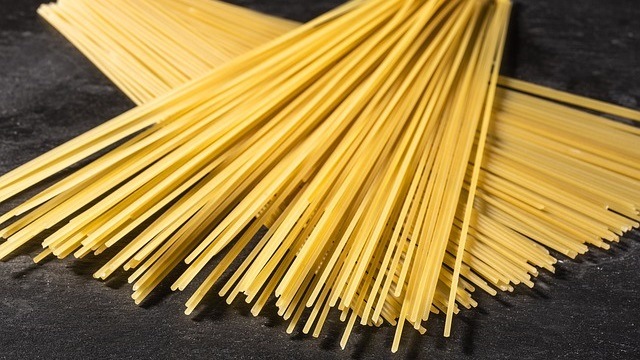
When fed to cats in limited amounts, spaghetti can be a flavorsome snack that many cats will enjoy. However, spaghetti is not a particularly nutritious choice for cats, and it should only ever be fed as an occasional addition to your cat’s diet.
What are the health benefits of spaghetti?
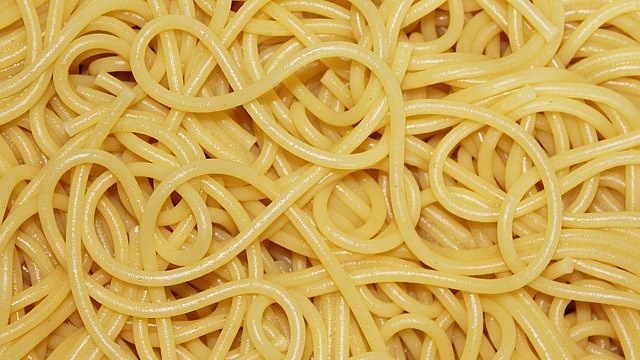
Whilst spaghetti is neither harmful nor toxic to cats, the problem is that it has very few nutritional benefits either!
Foods that are high in carbohydrates, such as spaghetti, are considered to be ‘empty calories’ when included in your cat’s diet. They provide easily digestible energy but do not meet any of the cat’s basic nutritional needs.
Feeding spaghetti to your cat is very much like giving sweets to children – a nice thing to do, but not a particularly healthy choice!
What should I be aware of when offering spaghetti to my cat?
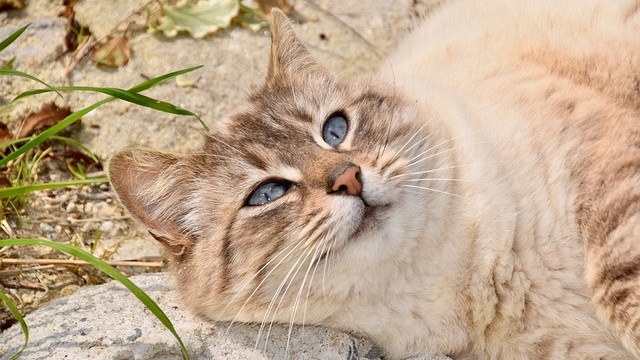
As with all carbohydrate-based foods, cats should only eat spaghetti in very small amounts as a once-in-a-while treat. Mixing a strand or two of cooked spaghetti in with your cat’s dinner is fine… But letting your cat eat a whole plateful is a very bad idea!
If spaghetti is consumed in large amounts, your cat will not receive the essential nutrients they needs to stay fit and healthy. Deficiencies of essential vitamins and minerals can occur, leading to medical problems.
Cats should never eat raw spaghetti – make sure it is thoroughly cooked first. Never feed spaghetti to cats that has been flavored with ingredients such as garlic, sea salt, or tomato. This means that you absolutely cannot share your spaghetti bolognese with your cat! The best rule of thumb is to stick to plain cooked spaghetti without any additives.
You may find that your cat refuses to eat spaghetti at all. Most cats will refuse to eat anything that is not meat-flavored.
And, as with any unusual or unfamiliar foodstuff, eating too much spaghetti can be very disruptive to your cat’s digestive system. This can cause bloating, gassiness, diarrhea, and constipation.
Maven Pet focuses on improving the quality of life of our pets with technology, using artificial intelligence (AI) to enable proactive pet care. By accurately collecting and monitoring pet data 24/7 and flagging any irregularities, Maven Pet empowers pet parents and veterinarians to stay ahead of potential health issues, ensuring the well-being and longevity of our beloved companions.

